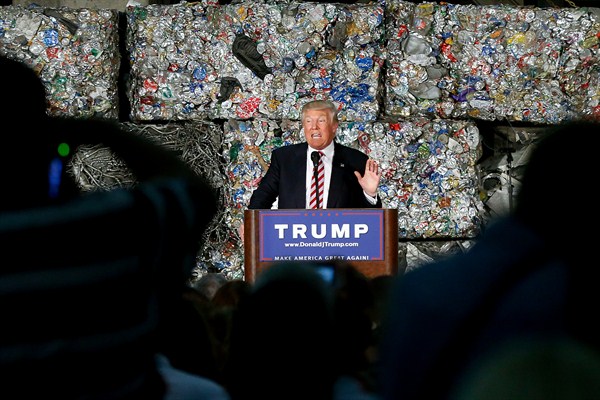Editor’s note: This article is part of an ongoing WPR series inviting authors to identify the biggest priority—whether a threat, risk, opportunity or challenge—facing the international order and U.S. foreign policy today.
For the past decade, globalization and anti-globalization perplexingly fell out of favor in the analytical narratives of most commentators on international affairs. The winners and losers of globalization, which defined the major debates about economic policies during the 1990s and early 2000s, simply ceased to be discussed. Perhaps it was because this particular framing was closely tied to debates about the World Trade Organization, protests against it, and free trade as facilitated by multinational corporations, all of which became less pressing features of the global economy when faced with the systemic crisis of finance and banking that began in 2007 and 2008. The lack of discussion about globalization also coincided with a period in which the WTO looked to be increasingly outdated and incapable of reaching further international agreements on liberalized trade.
So it came as a surprise when anti-trade rhetoric, and a corresponding discussion of globalization’s winners and losers, reappeared with the current populist backlash in some Western countries. This was particularly true in the United Kingdom, which shocked the world by voting in favor of leaving the European Union in the Brexit referendum in June, and in the United States, where anti-trade bias is the driving idea in Republican presidential candidate Donald Trump’s economic platform. His critique of the Trans-Pacific Partnership and his rival Hillary Clinton’s prior support of it are, according to Trump, aimed squarely at protecting globalization’s losers from more trade liberalization, with a vague promise to bring back jobs and capital from overseas.

